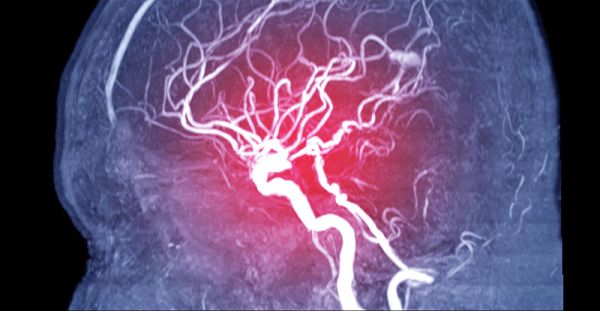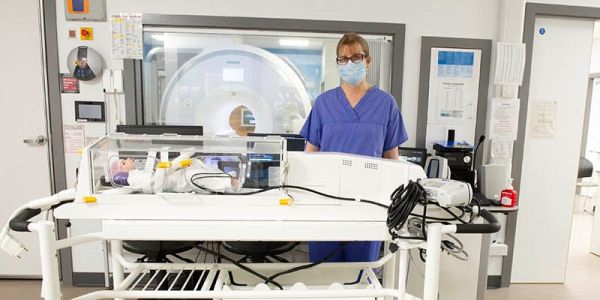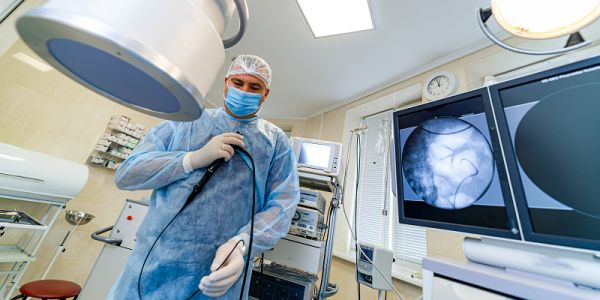
Bereavement care lacking for ethnic minorities
Grieving friends and relatives from ethnic minority backgrounds are suffering from a lack of appropriate help to cope with losing a loved one, especially during the COVID-19 pandemic, researchers say.

Grieving friends and relatives from ethnic minority backgrounds are suffering from a lack of appropriate help to cope with losing a loved one, especially during the COVID-19 pandemic, researchers say.

Scientists have made a breakthrough in understanding the process that leads to a blood clot forming in the lungs – a condition that kills more than 2,000 people in the UK each year.

A study involving virtual rather than real patients was as effective in evaluating a medical device used to treat brain aneurysms, according to new research.

The first participants have taken part in a ground-breaking research trial that aims to save lives by improving the early diagnosis of lung cancer.

A device that helps desperately sick patients breathe and costs around £150 to manufacture could revolutionise

Scientists have developed a new computational technique that allows them to see in finer detail the way protein molecules behave.

An international team of researchers has shed new light on the way viruses evolved highly effective ways of spreading disease.

Leeds is leading pioneering research into new technology for imaging babies with congenital heart disease (CHD).

A drug used to treat people living with Type 2 diabetes could also help improve their heart function, according to new research.

Researchers are investigating whether a kinder form of radiation known as T-rays could be used to image and treat patients with skin or bowel cancer.